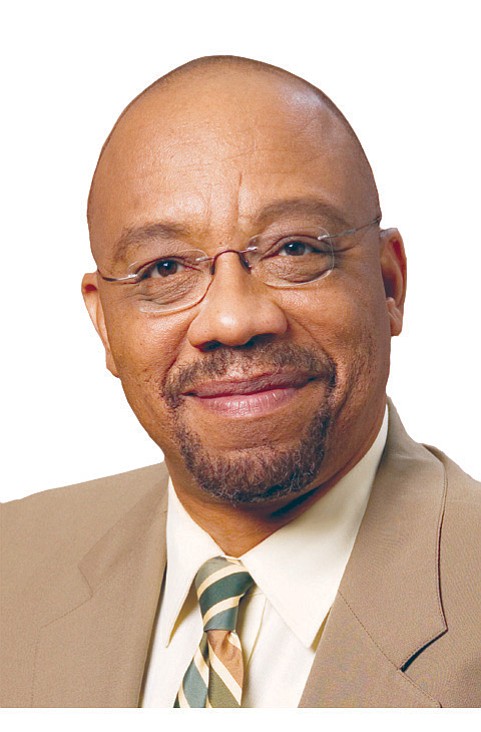If the new, decentralized al-Qaida is such a threat that 19 American embassies, consulates and other diplomatic posts have to be shuttered for a week, we have a decade of wrongheaded U.S. policy to blame.
The Arab Spring contributed by creating power vacuums for militant anti-Western jihadists to exploit. But myopic decision-making in Washington clearly played a huge role — and, while I hope we’re getting smarter, I have my doubts.
President Obama’s decision to order the closure of U.S. outposts in much of the Muslim world drew rare bipartisan support on Capitol Hill, with lawmakers on the House and Senate intelligence committees underscoring the perceived gravity of the threat. Sen. Saxby Chambliss, R-Ga., called it “the most serious threat that I’ve seen in the last several years.” Rep. Michael McCaul, R-Texas, said that “the administration’s call to close these embassies … was actually a very smart call.”
It’s hard to argue with prudent caution. At the same time, though, it’s hard to understand just how worried we should be. Osama bin Laden lies in a watery grave. His organization, once based in Afghanistan, is decimated. Regularly, we hear news of someone described as an al-Qaida lieutenant being blasted to his reward by a drone-fired missile. There is a disconnect between these successes and the need to close so many U.S. facilities — while issuing a general warning to travelers — in fear of another attack.
U.S. helped new al-Qaida
The truth is that U.S. foreign policy helped create the new decentralized al-Qaida, a branch of which is believed to be trying to launch some kind of strike.
The most fateful choice, and the biggest strategic error, was the decision to invade Iraq. George W. Bush’s epic misadventure diverted resources and attention from the war in Afghanistan, giving a reprieve to the Taliban. The Iraq War also provided new focal points for jihadist grievance — Abu Ghraib, for example — and gave new oxygen to the simmering intra-Muslim conflict between Sunni and Shiite.
Al-Qaida put down roots in chaotic Iraq. It did the same in lawless Yemen — home to the al-Qaida “branch” or “affiliate” that is the focus of the current alert.
First Bush and then Obama discovered the expediency of remotely piloted drone aircraft as instruments of war. Obama has waged what amounts to a campaign of targeted assassination, decimating the ranks of the various al-Qaida branches. But the inevitable collateral damage — deaths of civilians, destruction of infrastructure — helps recruit new al-Qaida conscripts.
The Arab Spring created opportunity for jihadists throughout the region. There is now an active al-Qaida branch in Libya, where militants attacked the U.S. consulate in Benghazi in 2012. There is a branch that briefly occupied northern Mali before being pushed out by a French intervention. There is a branch fighting against the regime of Bashar al-Assad in the Syrian civil war.
And if Egypt’s military rulers follow through with their crackdown against the Muslim Brotherhood, it would not be surprising to see something like an al-Qaida affiliate begin to emerge in the Arab world’s most populous nation.
With a few exceptions — Bahrain, Jordan, Saudi Arabia — the Obama administration has tried to support popular movements and push hard for democracy. My argument with Obama’s policies is not that the president has tried too hard to end the “war on terror,” as hawks allege. It’s that he hasn’t tried hard enough to leave behind the “war” metaphor as ill-suited to a struggle that is fundamentally ideological.
We should think in terms of engagement, not intervention. We should spend more money projecting “soft power” and less projecting military force. We should recognize that the rest of the world will not necessarily shape itself to fit our wishes. And our goal should be to have fewer anti-American terrorists in the world, not more.
Al-Qaida turns out to be like a pool of mercury. Hit it with a hammer and you end up with ten little blobs instead of one big one.



